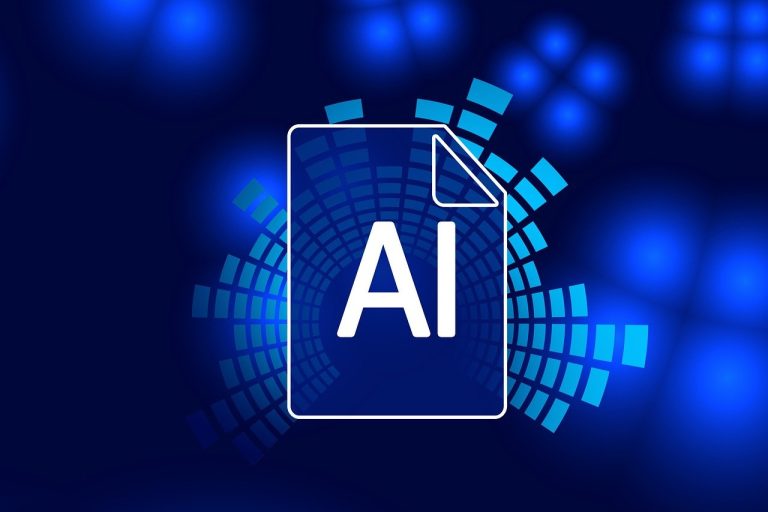How ChatGPT enhances ERP programs

Since its release in November of last year, OpenAI’s ChatGP-3 has changed the game in a variety of industries.
Now, the most recent upgrade to GPT-4, which has been trained on trillions of parameters, will undoubtedly improve this innovation’s functionality by offering functions that are sure to transform technology as we now know it.
The application of generative artificial intelligence (AI) in businesses is quickly opening up opportunities to automate routine operations like aiding difficult conversations, producing content, editing text in correspondences to enhance communication languages, and generally simplifying material.
Enterprise resource planning (ERP) systems are essential for monitoring, controlling, and operating all of the institution’s daily operations in a productive and efficient manner in any company setting.
A variety of advantages are anticipated to arise from the introduction of AI, powered by Machine Learning (ML), and by extension Chat GPT, into ERP systems, with the businesses and organizations employing them.
ChatGPT-4 can offer users natural language search features when coupled with the database of an ERP system. Employees accessing the database’s data can now find and obtain the information they require more quickly.
Companies can utilize ChatGPT to create better chatbots that can communicate digitally with users in a human-like manner and offer them with the desired information or support within an ERP system instead of working late or extra shifts. Users’ engagement may increase as a result, and customer support employees may work less hard.
A variety of advantages for the businesses and organizations utilizing ERP systems are predicted to arise from the introduction of AI, powered by Machine Learning (ML) and by extension Chat GPT, which is gradually becoming a potentially essential component of these systems.
ChatGPT-4 can offer users functionalities for natural language search when coupled with the database of an ERP system. Employees using the database’s data can now retrieve the data they require more quickly by using the search function.
Companies can utilize ChatGPT to create smarter chatbots that can communicate digitally with users in a human-like manner and give them with the information or support they need within an ERP system, saving time and money by doing so instead of working overtime or additional shifts. With less work for customer service employees, this can increase user engagement.
Every organization wants to learn how to predict the future. company leaders can combine larger, global, and seemingly unrelated (but not) data with predictive analytics using ChatGPT’s integration with an ERP system to learn more about their core company. This will greatly aid in keeping an eye on market trends, forecasting the future, and taking proactive measures to keep operations in line with it.
ChatGPT may be able to offer the business real-time data, analytics, and insights that are crucial for accelerating and enhancing corporate decision-making procedures.
Consider a scenario where an AI-driven system aids management in better comprehending prevailing patterns that would suggest how their initiatives or items perform in comparison to their rivals.
In these situations, AI offers the company the chance to quickly identify the areas of their projects that need to be changed to make them more competitive; this presents the company with the option to quickly decide how to better service customers or enhance products.
Through ERPs, AI may support and improve business-related tasks in any organization, including accounting, project management, risk analysis and management, compliance, and supply chain operations.
Data entry for the following modules in ERP systems could be automated: cash flow management, income statements, balance sheets, expense reporting, invoicing, production planning and control, inventory management and supply chain, human resource (HR) and payroll management, and their data/information outputs could be integrated with Chat GPT to increase effectiveness and productivity at work. We’ll see.
ChatGPT may undoubtedly be used efficiently to instruct users on how to utilize the system and what the purpose of ERP is. In this instance, Chat GPT is automated to provide training materials with the appropriate language, style, and substance, offer instructions on how to use the ERP, and even reply to user inquiries. Deploying the chatbot to address these queries makes it easier to train new users on how to run the ERP.
Essentially, ERPs serve as the center of the company for end-to-end workflow and the administration of all the associated data, enabling the many departments working within the business to access all the information necessary to run it effectively.
In summary, these systems are unquestionably an essential part of every modern organization or industry because of all the smooth tasks they carry out.
Enterprises can employ AI and tools like Chat GPT to accelerate utilization of the various ERP system modules by using known and “unknown” insights to better match them with the everyday tasks and operations necessary to manage these businesses.
But beware, before using such tools, it is even more critical that master data in ERP systems is clean and constantly cleaned or the Machine Learning will simply fuel “Artificial Interpretation” not Intelligence.
Mr Hunter is the Manager, Customer and Ecosystem Enablement at Syspro Africa







